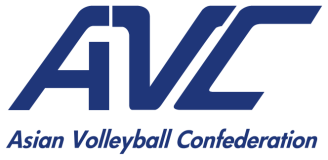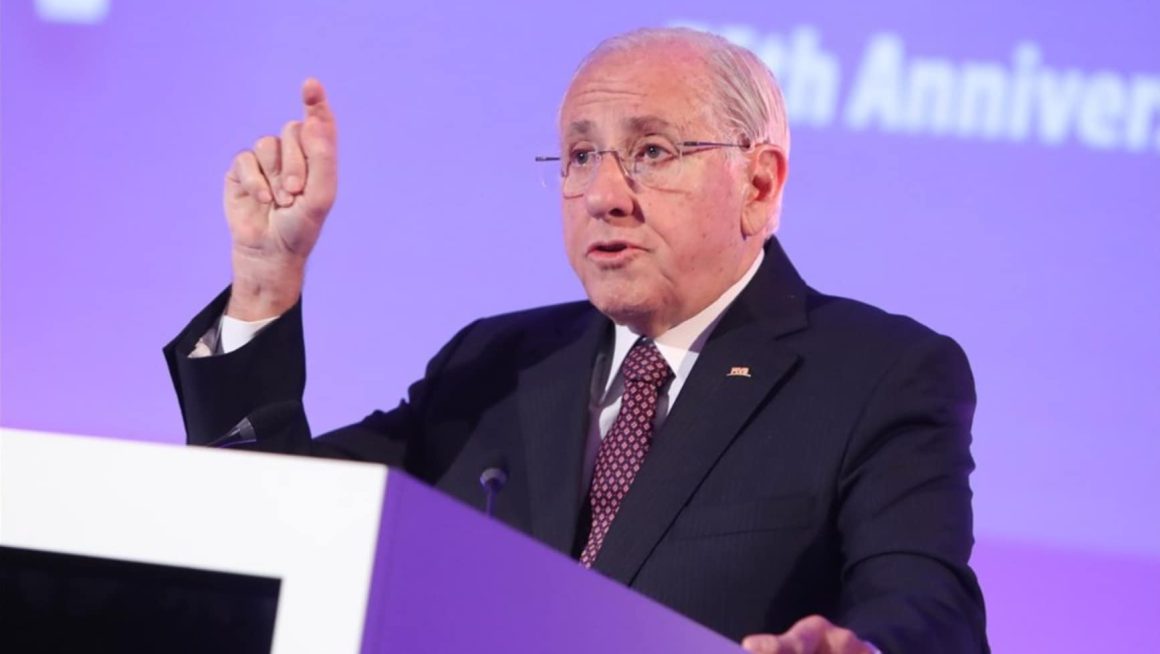Since 2012, the FIVB has made significant changes to ensure the highest standards of good governance
The FIVB has achieved remarkable progress in governance and transparency since 2012, under the leadership of Dr Ary S. Graça F°. This 12-year journey has seen the global governing body of volleyball uphold the highest standards of good governance and transparency, while constantly reviewing and revising its legal framework to align with international best practices.
FIVB President Dr Ary S Graça F° said:
“Good governance is one of the FIVB’s driving principles. We must be well governed for volleyball to prosper, to guarantee the legacy of our sport for future generations, and to ensure our athletes and all our fans can have confidence in our sport.
“We have implemented significant changes over the past 12 years, all with the approval of the Congress. Of course, there is always more work to be done, and we will continue to review and update our Constitution to ensure it is fit for purpose and upholding the highest standards of integrity, transparency and good governance.”
Term Limits
Key to these reforms has been the introduction of term limits across all FIVB positions. In 2014, the FIVB set a 12-year maximum term limit for the president’s term, an eight-year initial mandate plus one four-year term for re-election. This commitment to good governance was furthered in 2022 with the FIVB Congress approving a maximum of three four-year terms for FIVB Board of Administration members starting in 2024.
Election of FIVB Board members and Integrity Check of Candidates for FIVB positions
Meanwhile, 2018 saw the implementation of several changes related to the FIVB elections. All Board members, except for Continental Confederation presidents, are now democratically elected by the FIVB Congress. This is a departure from the previous process whereby most members were elected by their Confederations a year prior to the Congress. Additionally, there are now mandatory integrity checks for all Board of Administration candidates. These checks are conducted by the FIVB Ethics Panel, ensuring that all potential Board members meet the highest standards of ethical conduct and integrity before assuming their roles.
Appointed Members of the FIVB Board of Administration
In 2021, the FIVB Congress amended the FIVB Constitution, leading to significant structural changes. Co-opted members were removed from the FIVB Executive Committee, and appointed members were added to the Board of Administration, including an athlete, a gender-in-minority representative, a director responsible for representing the FIVB Secretariat and an independent expert in the sports market.
Gender Equality in the FIVB Board of Administration
The FIVB also continues to champion gender equality within its Board of Administration. By the FIVB World Congress 2024, the Constitution will ensure a minimum of eight female members. This increase in gender representation follows major decisions in 2021 and 2022.
In addition, the 2022 Congress approved a proposal requiring each Confederation to include one woman in its constitutional quota positions.
Athlete Representation in FIVB Governance
The FIVB has also placed a strong emphasis on amplifying athlete representation in the governance of the sport. In 2016, the Athletes’ Commission was created to serve as a vital link between athletes and the governing body.
In 2021, elections were introduced to the Athletes’ Commission, whereby members are elected by their peers – players eligible to vote – ensuring a truly representative body. Furthermore, the Commission’s president is selected by its members, reinforcing the principle of athlete-led governance.
That same year, constitutional amendments were made to ensure there is always an athlete representative on the Board of Administration and, subsequently, the FIVB President appointed Athletes’ Commission President Madelein Meppelink to the Board with full rights and responsibilities.
FIVB Judicial Bodies and the increase of the role of the FIVB Ethics Panel
The FIVB created four judicial bodies, the FIVB Disciplinary Panel, the FIVB Appeals Panel, the FIVB Ethics Panel and the FIVB Tribunal, as part of the early reforms in Dr. Graça’s tenure. The first members of these judicial bodies were appointed in 2013 and since that date, these judicial bodies have worked tirelessly to provide important decisions on disciplinary, ethical, financial and administrative matters. The decisions of the FIVB judicial bodies are also published on the FIVB website so that all volleyball stakeholders can review the work done by these bodies.
The FIVB Ethics Panel’s role was also enhanced in 2018 after an update to the wording of the Constitution granted the Panel the ability to take decisions on ethical violations, rather than only reviewing them.
Signature Process
Meanwhile, several changes have also been implemented for how the FIVB acts in its day-to-day operations. The FIVB Constitution was updated in 2017 and 2021 to favour a multiple signature procedure for contracts. This resulted in the responsibility of the work conducted by the FIVB administration lying with multiple members of the FIVB staff and ensuring that a substantial verification process has been completed before any contract is signed by the FIVB. This verification process allows for the FIVB administration, as custodians of the sport, to protect the money invested in sport.
Volleyball Development and Empowerment Programs
In addition to substantial constitutional reforms, the FIVB has also implemented extensive development programmes that are open year-round to all National Federations. This is in line with the good governance principle that money earned by the sport should go back to the sport. The FIVB Volleyball Empowerment programme has invested CHF 23 million directly into National Federations since 2017, with meticulous reporting procedures in place to ensure proper use of funding. Details about the approved projects and investments are openly available on the FIVB Volleyball Empowerment Projects Dashboard.
Anti-Doping
Finally, the FIVB has also delegated the operational part of its anti-doping programme to the International Testing Agency (ITA) for independent management. This partnership has strengthened the FIVB anti-doping programme, increasing the number of out-of-competition tests and allowing for in-competition samples to be collected at more competitions.
Over the past 12 years, the FIVB has continually evolved to guarantee the highest standards of governance. The Federation remains committed to ensuring fair and effective administration, transparent decision-making and a continued commitment to promoting development and inclusivity within the global volleyball family.
QUICK LINKS
AVC Website: click www.asianvolleyball.net
AVC Facebook: click www.Facebook.com/AsianVolleyballConfederation
AVC Twitter: click: www.twitter.com/AsianVolleyball
AVC Instagram: click: https://www.instagram.com/avcvolley/?hl=en
AVC Youtube: click: Asian Volleyball Confederation
AVC WeChat: Asian Volleyball Confederation


Leave a Reply
You must be logged in to post a comment.